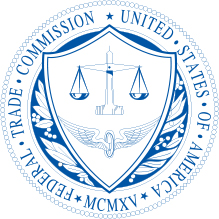Biden to Tighten Policing of Biofuel Credits after Wild Swings
(Business Times) The Biden administration is planning to step up the US government’s policing of an opaque market in biofuel compliance credits, following long-running complaints of wild price swings and manipulation. The Environmental Protection Agency (EPA) is set to lay out plans

.jpg)




